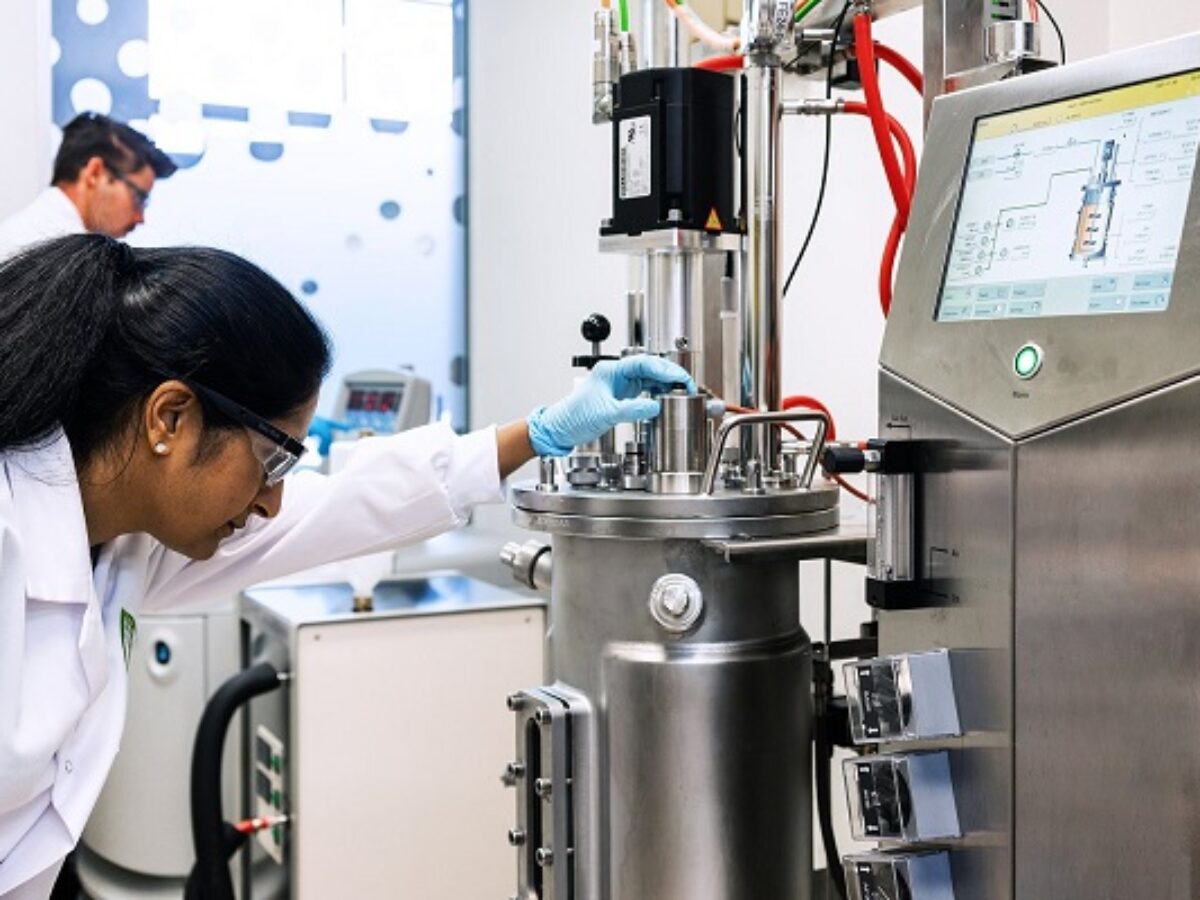Trials begin of Australian-developed Covid-19 vaccine

A second Australian-developed and manufactured Covid-19 vaccine has surfaced with the University of Adelaide commencing human trials of its new vaccine that targets the highly-transmissible Omicron variant of the disease.
Manufactured by Adelaide company BioCina, the university’s DNA-based vaccine is being trialled at Royal Adelaide Hospital in partnership with PARC Clinical Services and SA Pathology.
The vaccine joins a Monash University vaccine which is being manufactured in Melbourne utilising mRNA technology by pharmaceutical company IDT Australia.
The new BioCina vaccine is being manufactured in an Adelaide facility purchased by the Bridgewest group in 2020 from Pfizer, maker of a successful Covid-19 vaccine – though Pfizer’s vaccine targets only the original strain of the disease.
The vaccine is claimed to be easily adapted to new variants of Covid-19, making a significant boost to Australia’s sovereign medical manufacturing capabilities.
Research in developing the vaccine was undertaken at the University of Adelaide and Basil Hetzel Institute for Translational Health Research at the Queen Elizabeth Hospital.
The news of the trial comes only a week after BioCina announced it has expanded its CDMO service offering to include the manufacture of plasmid DNA (pDNA) in a new dedicated GMP suite.
The suite is equipped with up to 300 litre single use fermentation capacity and suitably scaled downstream processing equipment.
To complement GMP manufacturing, a broad range of analytical methods have been developed to support in-process, release and stability testing of pDNA products.
The company said this is a ‘very important and timely addition that will best enable BioCina to work with its industry partners to further develop RNA vaccines and therapeutics as well as cell and gene therapies.
BioCina CEO Ian Wisenberg said: “The addition of GMP pDNA services is a natural extension of our existing traditional biologics offering and provides another avenue for growth by supporting the development and manufacturing of these innovative vaccines and therapies.”
Editor’s note: This story has been amended to make clear the University of Adelaide’s involvement in the vaccine development.
Picture: BioCina
Subscribe to our free @AuManufacturing newsletter here.
Topics Manufacturing News Technology
@aumanufacturing Sections
Analysis and Commentary Awards Defence Manufacturing News Podcast Technology Videos






